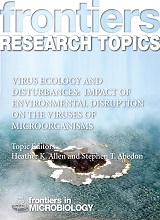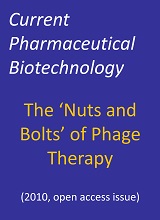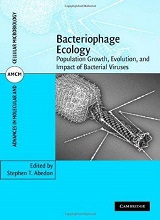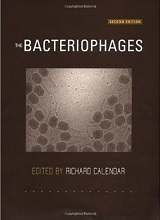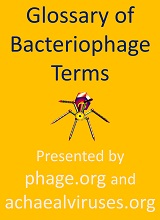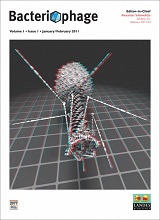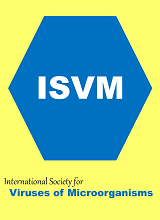
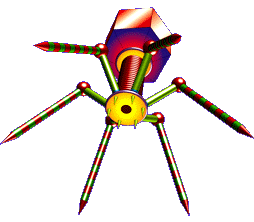
Generation of offspring in a manner that does not involve genetic recombination and also in which there is only a single parent.
In eukaryotes, asexual reproduction is associated with mitosis whereas sexual reproduction is associated with meiosis (and with gametes and with fertilization). In asexual reproduction the offspring also are genetically identical to the parents, that is, are literally clones of the parents. That is, asexual reproduction introduces genetic variation into organisms only via mutation rather than also via recombination.
Many organisms reproduce predominantly asexually but nonetheless still participate in sexual processes. These processes can range from the occasional participation in sexual reproduction, including in terms of meiosis or at least equal contribution by parents to the genetic endowment of their offspring, to situations in which one parent contributes much less genetic material to offspring than the other parent. See, for example, the idea of bacterial sex.
For more on this topic, see Wikipedia and Google. Contact web master. Return to home.
